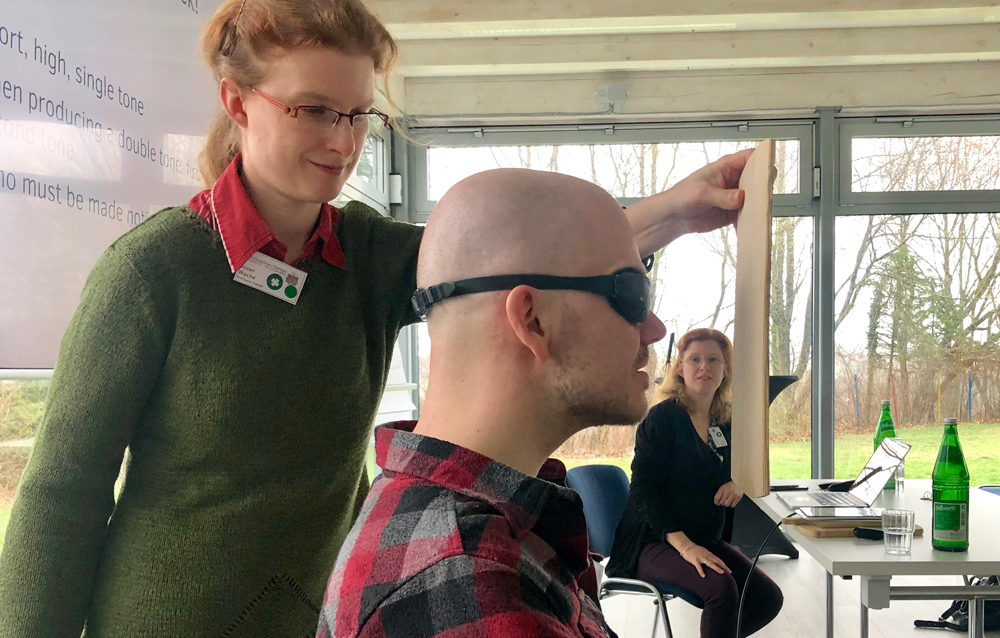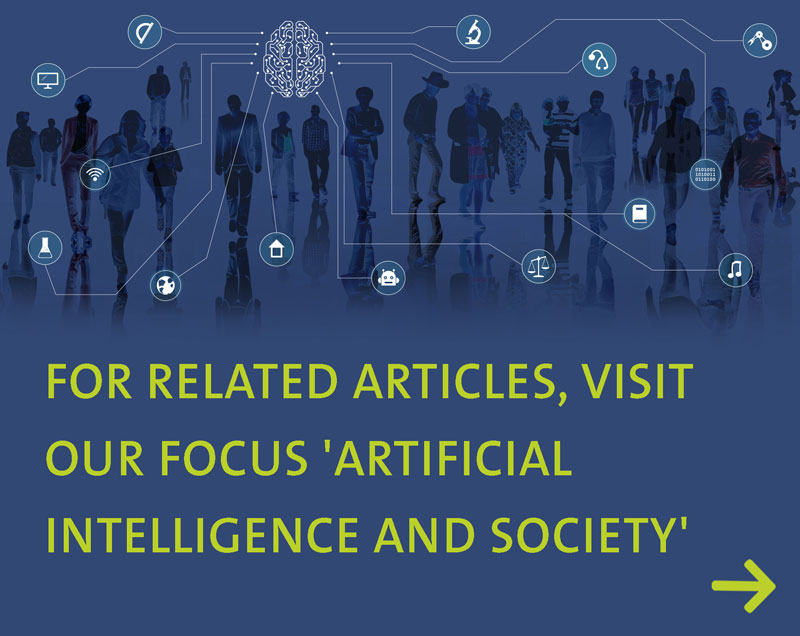"Interdisciplinary College" on senses and sensors
From 12 to 19 March 2019, the established Spring School brought together scientists from neurobiology, computer science, engineering, psychology and philosophy in order to deal with senses and sensors across disciplines and with the data collected.
Once a year, renowned lecturers from all over the world have been gathering in Günne at the Möhnesee for a week since 1997 to share their knowledge with more than 100 junior researchers at the "Interdisciplinary College". The Spring School wants to intensify the dialogue between the disciplines convening researchers from the humanities and natural sciences and technology. The program offers courses in neurobiology, neural computing, cognitive science, psychology, artificial intelligence, machine learning, robotics and philosophy.
This year, the Interdisciplinary College focused on senses, sensors and the evaluation of the resulting data, under the titel "Out of your senses: From data to insight". Basic and methodological courses in biology, computer science, philosophy and engineering were supplemented by workshops on data analysis, sensor technology, biological sensor systems or the Internet.

Education of 'translators'
Looking back on the event, Uta Meier-Hahn, program director of the Volkswagen Foundation, said: "The agenda covered - it is not exaggerated to say that - border issues of being human, because here 'translators' work and learn: they discussed how neuroscience findings can be mapped in electrical circuits, how sensors transform analogue signals into digital ones, or how human eyes can be augmented with digital systems."
The Spring School - which emerged from the "Artificial Intelligence Spring School" founded in 1986 - is supported from now on by the Volkswagen Foundation in the framework of its initiative "Artificial Intelligence and the Society of the Future".
Background: Funding Initiative Artificial Intelligence
In the field of "Artificial Intelligence" (AI), technological advances are being achieved at unprecedented rates. For science, the following questions must be asked: What opportunities does AI offer? Where are risks? What can not be predicted seriously? And above all, what do new technologies mean for society - and for everyone? It is important to answer these and other crucial questions, which consider not only the technical but also the ethical, moral and normative consequences of developments. Engineering and social sciences have to bundle their competencies right from the start: In order to strengthen this collaboration, the Volkswagen Foundation launched its funding initiative "Artificial Intelligence and the Society of the Future" in 2018. The deadline for applications is July 4, 2019.

